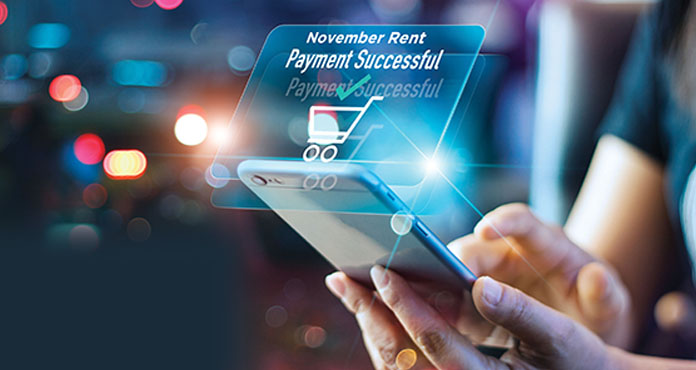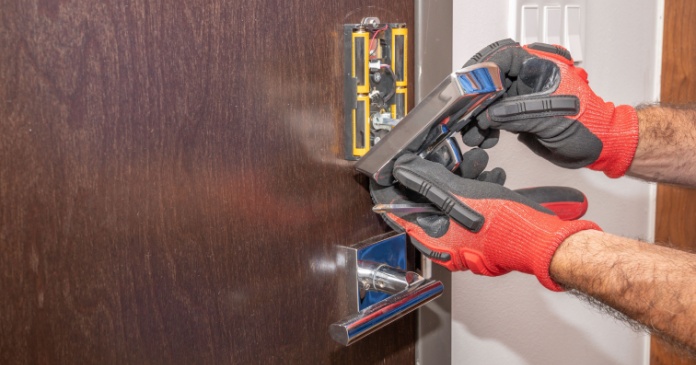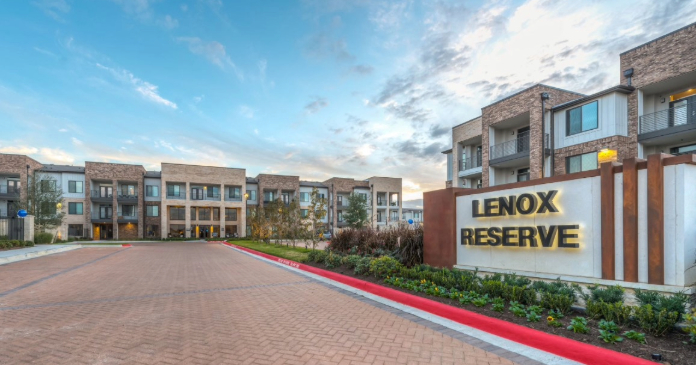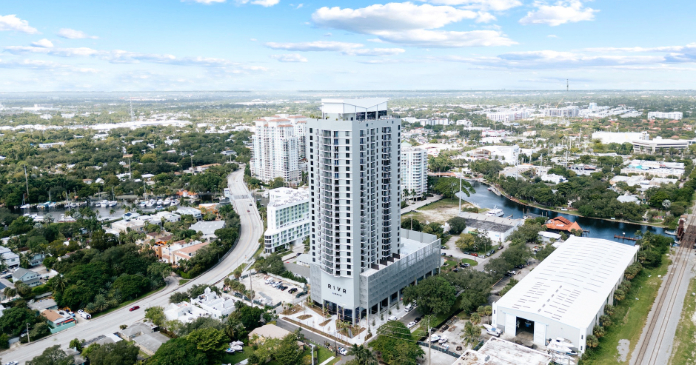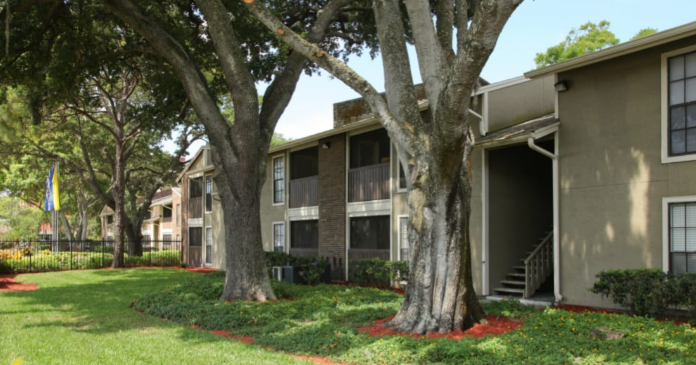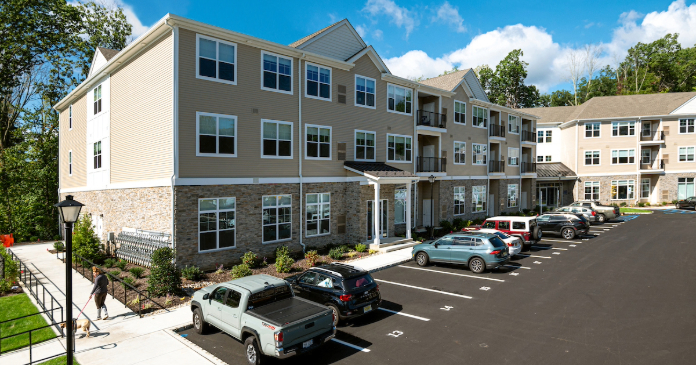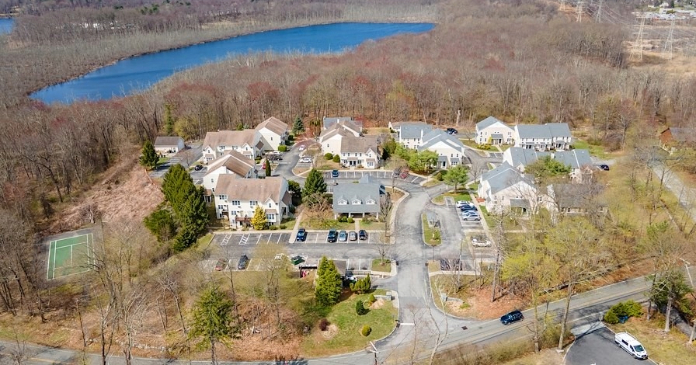The digital world has created a paradigm shift for the apartment industry, allowing resident-facing tasks like property tours and unit inspections, lease signings and rent payments to be handled virtually via mobile apps and computers.
Large regional and national multifamily owners and operators have moved to payment platforms that integrate with their property management systems.
Cash is no longer the dominant form of rent payment and apartment managers no longer must make in-person bank deposits.
While checks and money orders still are prevalent forms of payment for individual owners of a few units or properties, even they are utilizing apps like Venmo and PayPal to allow residents to pay digitally.
While the risk of handling cash has been minimized, every rent payment option has its own liabilities. Even certified funds like pre-paid money orders and certified checks are not without their issues. Although residents who are consistently late, skip out on their rent, bounce checks or charge back credit card payments are the exception, not the rule, those few bad actors can cut deeply into an apartment property’s bottom line.
But what if your residents had flexibility in how to pay their rent and could even choose installment payments, with no risk to your bottom line? What if you could accept credit card payments or ACH payments with absolutely no exposure to chargebacks or insufficient funds?
A multifamily payment solution
Domuso overcomes them all. This financial services platform consists of a suite of payment processing solutions for multifamily property owners and operators designed to streamline the rent payment experience for residents. It also improves individual property financial performance and shoulders the risk inherent in accepting rent payments.
Domuso recently developed a new form of payment called Online Certified that replaces paper money orders and cashiers’ checks. It provides 100 percent chargeback protection, whether a payment is initialized by bank transfer, credit card or cash converted into a digital MoneyGram payment.
Santa Monica-based Domuso was launched in 2014 by cousins Damian Langere and Keith Wasserman. The pair owned and operated apartment communities in the Los Angeles area.
“They worked out of their rental offices and witnessed first-hand the pain that comes with collecting rent. They decided there must be a way to solve the biggest risks associated with rent payments,” said Terri Nicholson, vice president of Strategic Accounts at Domuso.
“The company sets itself apart by offering alternative credit and digital certified and automated logic-driven payment options.”
Bringing in the unbanked
Since the shift to virtual business, some apartment owners only accept online payments. This automatically excludes the 55 million unbanked and underbanked Americans, or 22 percent of all households, in the USA, according to Federal Reserve estimates in 2018. Those households are reliant on alternative financial providers of physical cashier checks in order to pay their rent and bills.
“There are many people, for a myriad of reasons, who just don’t use banks. They need to pay with cash and tend to pay with money orders, which are expensive to buy and expensive for management companies to process, since they are typically limited to a cap of $500 to $1,000. Plus, they are highly susceptible to fraud and theft,” said Nicholson.
Money orders also pose massive accounting problems for property managers.
“If you ask any property manager what the most frustrating thing about rent week is they will tell you money orders that are dropped in their mail slot with no name or unit number written on them. All they can do at that point is wait until someone comes in and yells at them after they get a three-day notice posted on their door,” she said.
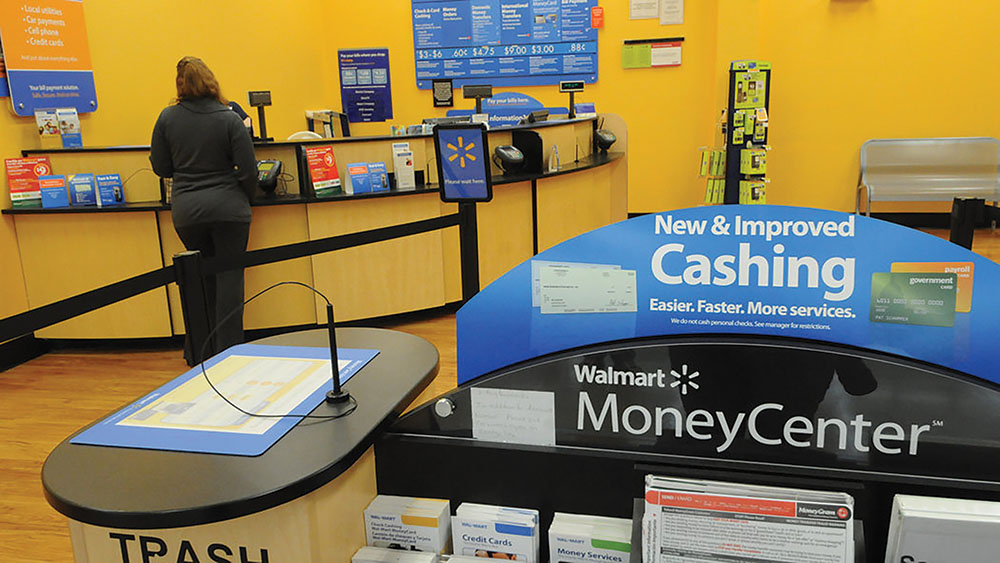
MoneyGram partnership
Domuso partnered with MoneyGram International, Inc., an American money transfer company headquartered in Dallas, Texas, with more than 30,000 locations across the nation, to solve this problem.
Nicholson describes a real-life situation where the partnership saved time and money for residents and owners.
“We have a client with a 1,300-unit, rent-controlled property in Los Angeles where 90 percent of the residents pay with money orders. Our integration with MoneyGram allows these residents to take cash or a paycheck to the nearest MoneyGram location where they pay a fee of $3.95 and their rent money is electronically transferred to the property’s operating account, where it posts through the property management system to the correct resident ledger.
“Money orders have a dollar limit that is often far below the amount of one month’s rent, so a resident paying with numerous money orders increases a two-minute check scan by the property manager to eight minutes. With MoneyGram, the resident no longer has to fill out four money orders and walk to the property management office to deposit them in the slot,” said Nicholson.
Domuso is one of the only platforms that targets affordable portfolios, she said. Early in 2020, Domuso released enhancements that enable LIHTC, HUD and other affordable housing providers to offer electronic payment options to their residents.
Mobile Check Pay joins in
Last year, Domuso added Mobile Check Pay to its digital platform, affording property managers access to the same underlying technology banks use to allow customers to make mobile check deposits.
With this function, property management firms can accept digital images of checks as payment from mobile devices, reducing paper usage, replacing check scanners and lockboxes, while assuring renters that their checks will be deposited on time and in the correct account. Because digital transactions require identification verification, Mobile Check Pay also reduces a layer of possible fraud. AMC, Weller Management and Bridge Property Management were among the first management companies to use this technology.
Accepting credit card payments is convenient for both residents and managers, but chargebacks are a serious threat to a property’s bottom line. Consumers can dispute credit card payments up to six months after the charge is made.
Credit card companies then take that money out of the property’s operating account until the dispute is settled, leaving the manager to prove the money is owed. The process can take several weeks or even months, and many times disputes are lost simply because the management company doesn’t meet the deadline.
One study in 2019 found that 81 percent of consumers admitted to filing a chargeback out of convenience and many of the disputed cases were lost. While it is less common to see chargebacks on rent payments, they are very typical in association with application fees.
Illustrating the problem chargebacks cause for property managers, Nicholson said, “We received a panicked call from a property manager saying they needed to stop collecting rent via credit cards after two residents at a single property in a single month disputed six-months of rent paid by credit card. The owner saw 15 thousand dollars come out of their property’s bank account in a single day, and their knee jerk reaction was to eliminate all credit card usage at the property. Luckily, the management company knew about Domuso. They moved to the Domuso platform and today are continuing to accept credit card payments because the chargeback risk has been transferred to Domuso.
Pandemic impact on rents
Covid-19 has resulted in an economic crisis for many responsible residents. The pandemic closed many businesses deemed non-essential, causing millions of people to file claims for unemployment benefits. As a result, apartment owners have experienced a sharp increase in credit card payments, leaving a lot of chargeback exposure for the property management company. So far, according to NMHC’s Rent Payment Tracker in its survey of 11.5 million units of professionally managed rental units, 75.4 percent of apartment households made a full or partial payment by December 6.
“For now, consumers think they can cover their credit card payments, but when people don’t go back to work and have spent their stimulus money on a month of bills, they will look for other ways to feed their families.
“Property owners don’t want to worry about what’s happening with residents. But, if they don’t collect rents, they don’t have means to keep the property lights on, pay employees’ salaries or their own mortgages and taxes,” said Nicholson.
Today, renters comprise more than one-third of the US population and rent is their largest monthly obligation.
“As an industry, we need to provide residents with multiple options for paying rent and it needs to be quick and convenient. COVID-19 has caused a paradigm shift and it’s likely not going away. It has caused an industry that is typically slow to adopt technology to fast-forward implementation of new payment solutions. There were companies looking to pilot various solutions throughout 2021 that have had to roll out these same platforms in a single month, knowing if they did not stay nimble they wouldn’t survive,” she said.

What’s next for Domuso?
“We are always looking for ways to introduce the next innovations in rent payment technology. We are very focused on mitigating financial risk and being the trusted platform that brings value to our multifamily housing clients and more convenience to their residents,” said Nicholson.
Author Wendy Broffman


